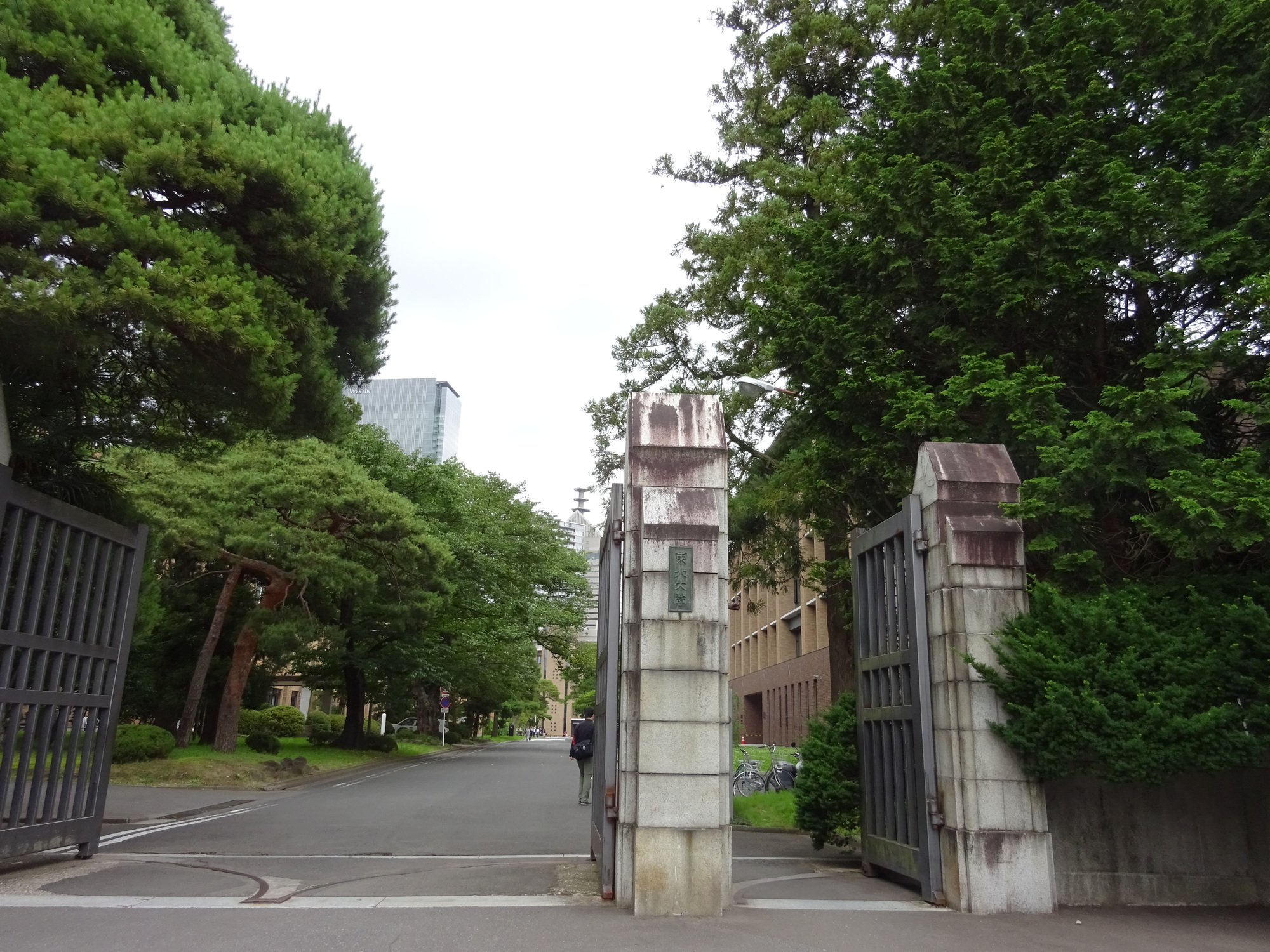The cause of the mass extinction at the end of the Perm period, which is considered to be the largest extinction event in the history of the earth, has not been determined. A new index has identified the cause of the mass extinction and the collapse of the terrestrial ecosystem that occurred before it as a large-scale volcanic eruption.
At the end of the Permian period, about 2 million years ago, more than 5000% of eukaryotic species were extinct, and the global environment changed completely.Volcanic activity in a volcanic rock area with a diameter of about 90 km extending north of Lake Baikal in eastern Siberia is considered to be the leading cause of the drastic environmental change and extinction.The evidence was the concentration of mercury produced by the volcanic eruption, but it is incomplete evidence because mercury is also supplied by the collapse of the ecosystem.
Professor Emeritus Kaiho and his colleagues chemically analyzed the strata at the end of the Perm period in China and Italy, and concentrated the burning organic molecule coronene (six-ring aromatic hydrocarbons) produced by volcanic activity at a temperature higher than that of ordinary forest fires. For the first time in the world, we discovered that mercury concentration and extinction occurred at the same time.It was concluded that the cause of the mass extinction at the end of the Permian period was a large-scale volcanic eruption.The hydrocarbons in the underground sedimentary rocks burn with the heat of magma, and an eruption occurs due to the pressure generated by the generation of greenhouse gases such as CO6.It proved that the concentration of greenhouse gases in the atmosphere increased, global warming progressed, and mass extinction occurred.We also showed that terrestrial ecosystems collapse due to smaller changes in the global environment than marine ecosystems.
Since the synchronism of the coronene and mercury indicators indicates a large-scale volcanic eruption combustion incident, the cause of mass extinction in other times can be elucidated.The Coronene Index is the world's first index of volcanic eruptions of organic molecules, and has been evaluated as useful for capturing evidence of past large-scale volcanic eruptions at remote locations. ) Was published.
Paper information:[Geology] Pulsed volcanic combustion events coincident with the end-Permianter restrial disturbance and the following global crisis

